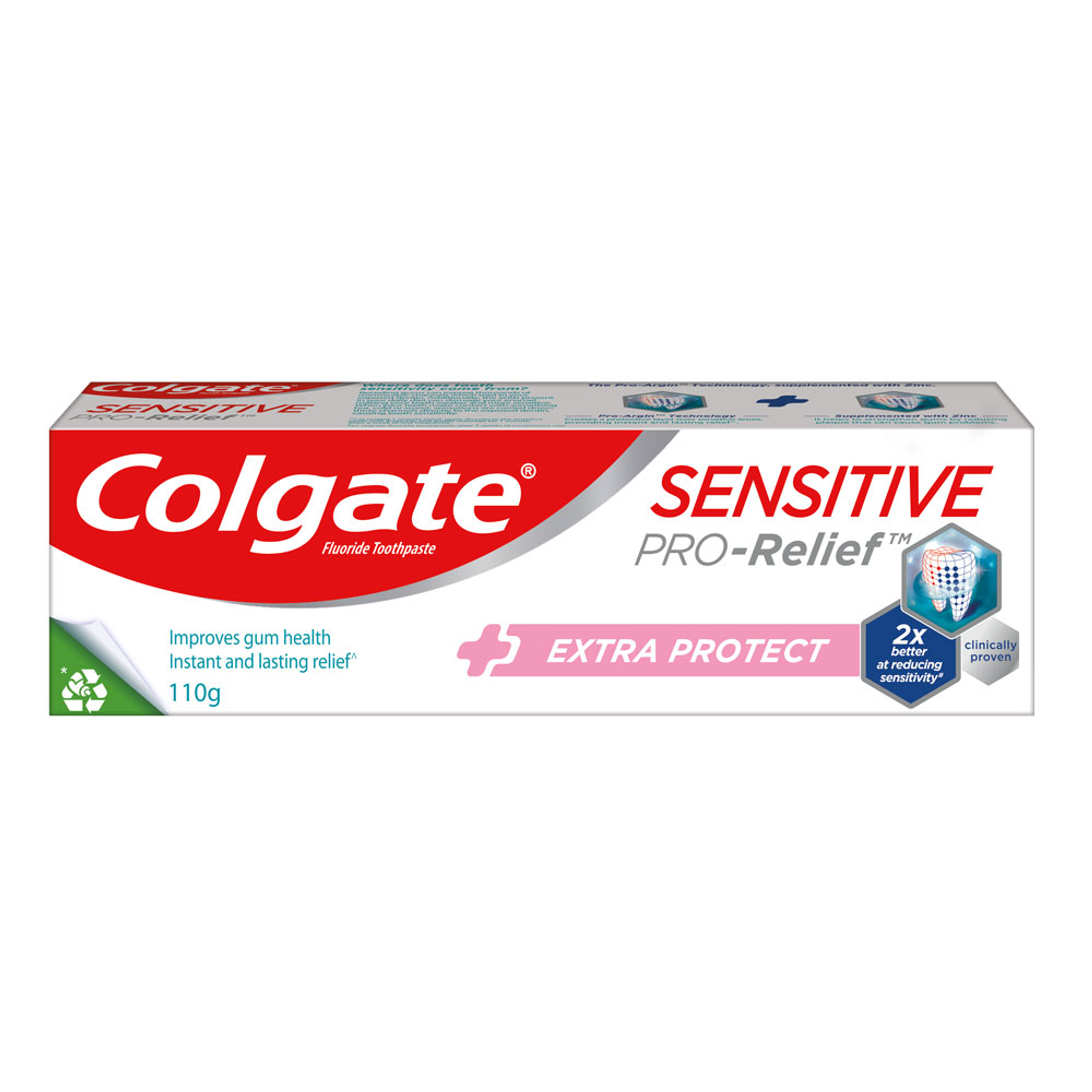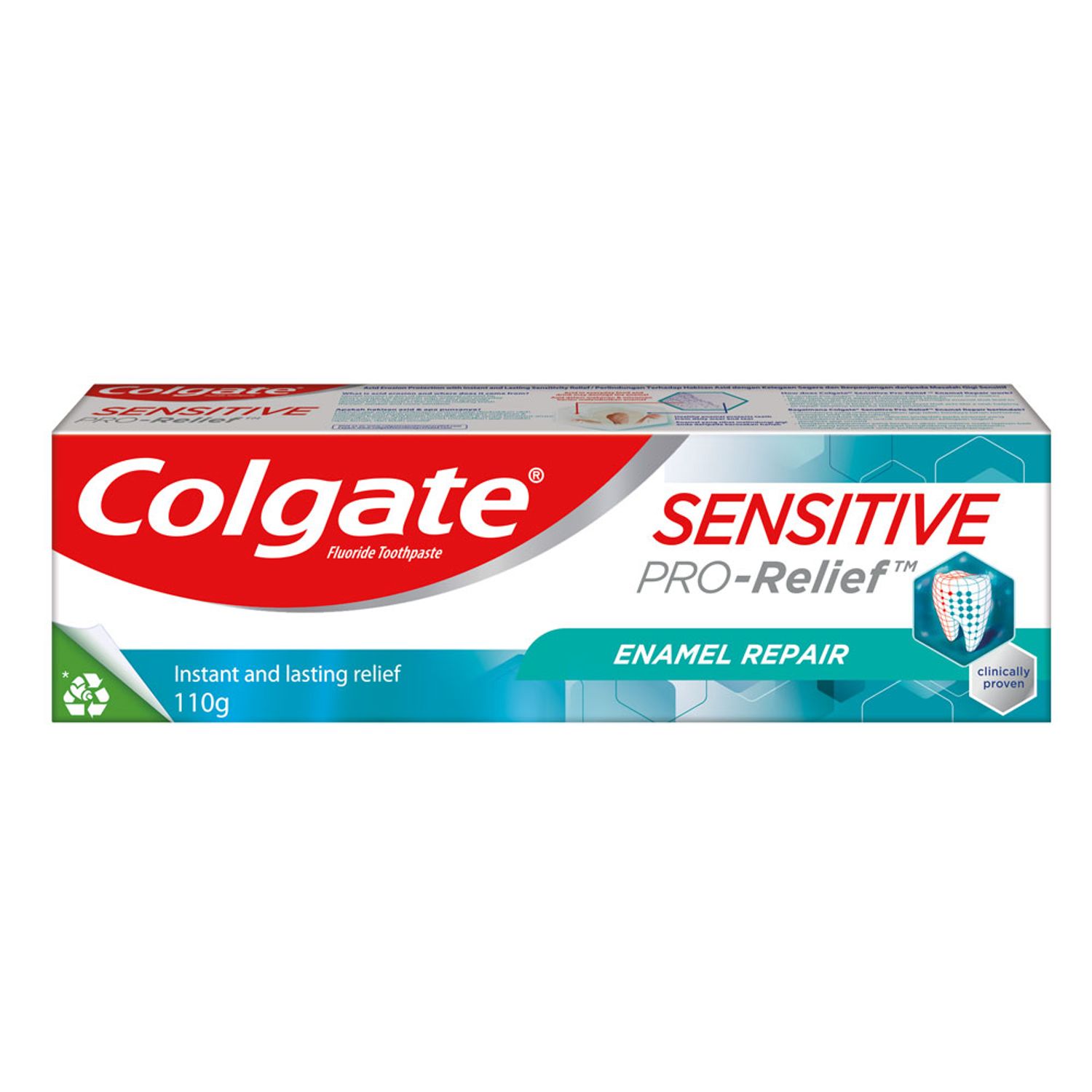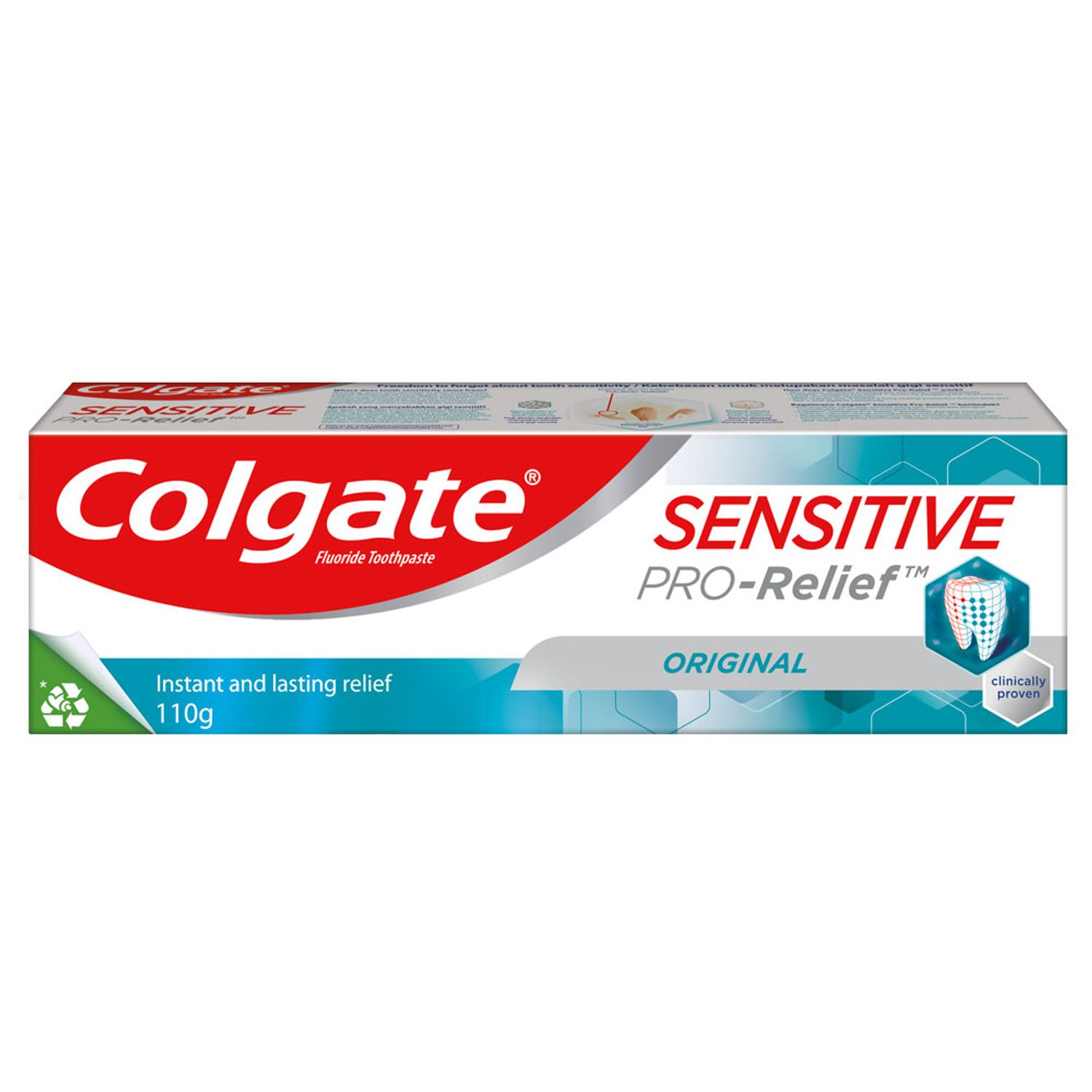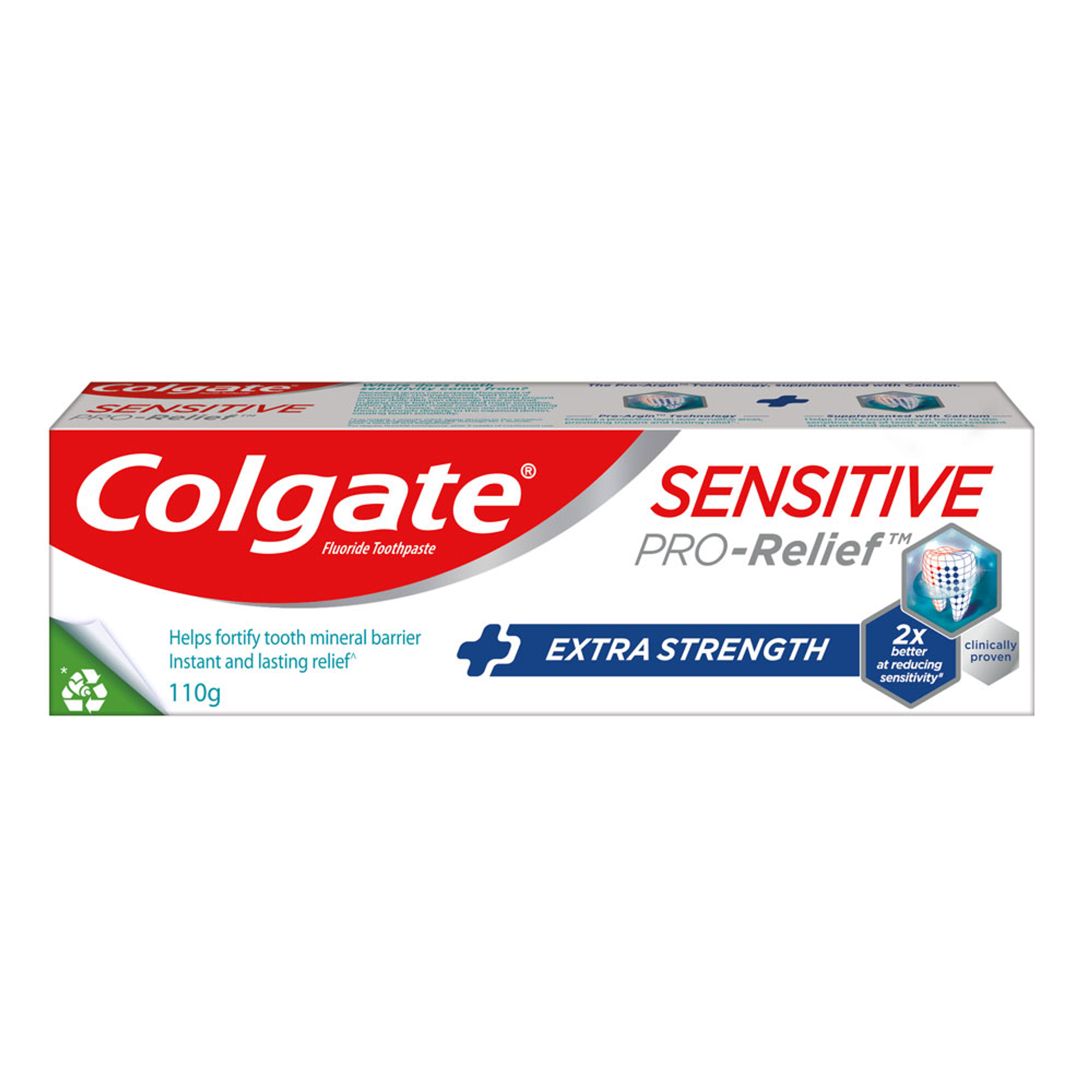-
-

FLUORIDE
Discover how stannous fluoride toothpaste prevents cavities and other oral health issues. Learn the key benefits of fluoride for teeth and its best uses.Fluoride plays a vital role in oral healthcare...

TEETH WHITENING
Teeth Whitening Serum for a Brighter, Confident SmileWho does not want whiter and brighter teeth? Thanks to the many teeth-whitening products available today...
-
Science & Innovation
- ORAL HEALTH ASSESSMENT
- Colgate® | Toothpaste, Toothbrushes & Oral Care Resources
- Oral Health
- Natural Remedies and Reliefs for Sensitive Teeth Pain at Home
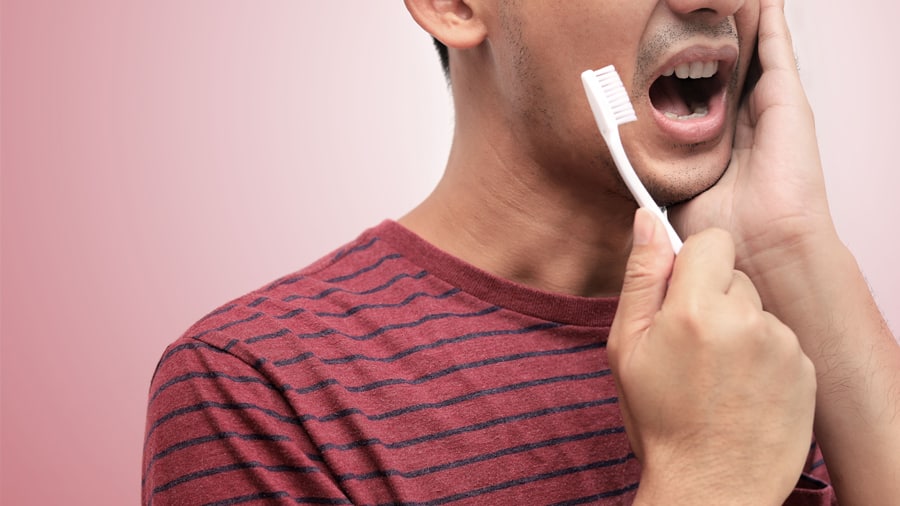

You can expect sensitive teeth after cleaning treatments, particularly after your dentist performs a deep cleaning. These sensations fade over time, leaving your teeth and gums healthier than before. But if you experience sensitive teeth after a cleaning treatment, and it continues longer than normal, your dentist can offer the following help and advice.
Deep Cleaning
When tartar and other rough bacteria calcify on your teeth, deep cleaning is the only way to eliminate them. Tartar appears on or near the gum line, and a dentist or dental hygienist removes it with special tools through a process called scaling. The dentist may also perform root planing, which involves the use of tools between the gums and tooth roots to remove plaque and tartar on the root surfaces.
Before a deep cleaning session, the gums may be inflamed and swollen – there may also be deep pockets infected with bacteria. Both scaling and root planing help treat these problems, but this treatment can cause some natural discomfort and bleeding. The dentist may offer a local anaesthetic if your deep cleaning is likely to be more irritating.
What Happens Next
General soreness, sensitive teeth and bleeding gums are normal after deep cleaning at the dental clinic. Some effects are due to the cleaning tools themselves making contact with inflamed gums – which bleed easily. Another effect of deep cleaning is newly exposed areas of the teeth that were previously covered with tartar. Where the gums have receded from the teeth, removing tartar exposes the tooth roots, and it takes a while for your teeth to acclimatise to this new vulnerability. These areas aren't covered in enamel, so they're more sensitive than the rest of the tooth.
Sensitive Teeth
Bleeding, uncomfortable and sensitive teeth after cleaning should last no more than a week, according to the American Dental Association (ADA). Swollen, tender or bleeding gums improve more gradually over time, provided you brush carefully and regularly. General discomfort due to dental cleaning, however, disappears in one or two days for most patients. Tooth sensitivity is simply harder to avoid on a daily basis – especially when eating or drinking hot or cold foods, biting down and brushing – but the problem shouldn't last for more than a week.
Caring for Deep-Cleaned Teeth
Taking good care of your teeth after a deep cleaning treatment helps your gums heal by reducing the common triggers of pain and sensitivity. Wait at least a day before flossing, and brush your teeth carefully with a soft-bristled toothbrush while your gums are still sore. Use a toothpaste for sensitive teeth to help treat and prevent tooth sensitivity, and avoid eating foods or drinking liquids that set off your sensitivity. If your teeth are sensitive three or four weeks after treatment, or you have other concerns, contact your dental clinic for a follow-up visit. Your dentist can check if your gums are healing well.
Related Products

Helping dental professionals
More professionals across the world trust Colgate. Find resources, products, and information to give your patients a healthier future







